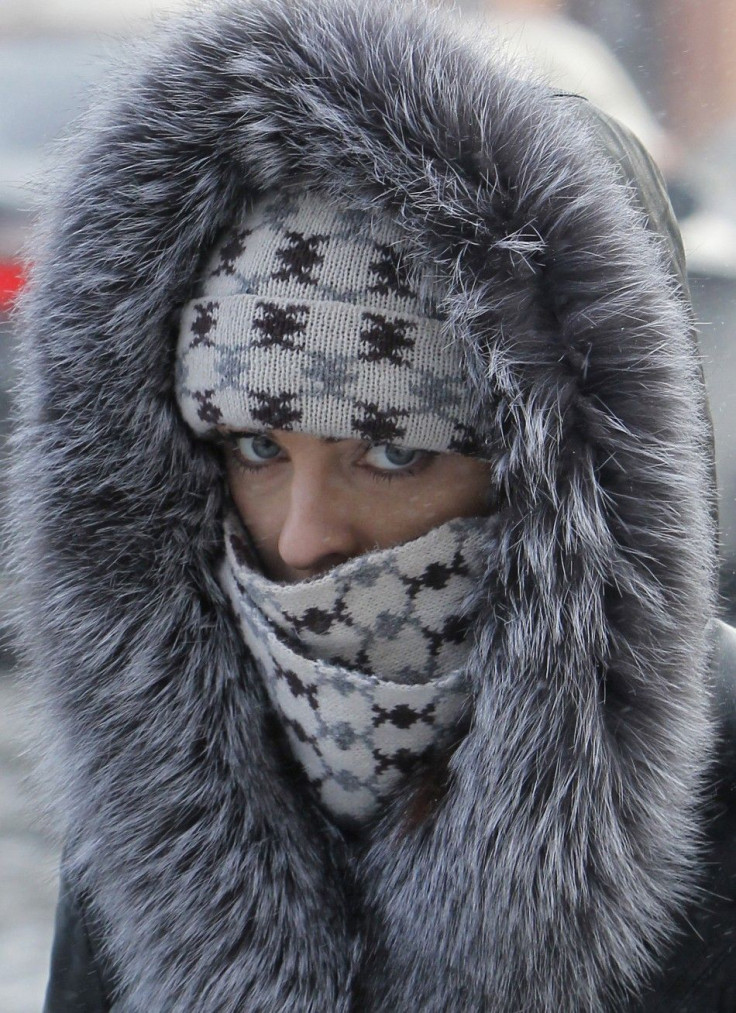Europe Faces Energy Crisis as Russia Cuts Gas Exports Amidst Deep Winter Freeze

Amidst a brutal winter deep-freeze that has claimed scores of lives across Europe, Russia has reduced its gas exports to members of the European Union (EU), potentially creating a brand new energy crisis for the continent.
In some cases, gas supplies have been reduced by as much as 30 percent.
The European Commission has assured that while the situation has not yet reached emergency levels, the agency’s gas coordination committee was placed on alert.
I can confirm that there has been a decrease in gas deliveries in various member states: Poland, Slovakia, Austria, Hungary, Bulgaria, Romania, Greece and Italy, EU energy spokeswoman Marlene Holzner said at a briefing.
EU states have also pledged to assist each other should a crisis unfold.
Russia is a leading supplier of gas to Western Europe.
Meanwhile, Europe has been lashed by a cold wave the likes of which has not been witnessed in decades. In Ukraine alone, at least 100 people have died from the extreme cold. Temperatures have plunged to as low as minus-30 Fahrenheit.
An EC spokesperson explained that since Russia is facing bitterly cold weather itself, it requires more gas to keep its own people warm.
Marlene Holzner said Russia’s gas contracts with the EU “allow for certain flexibility in case they also need the gas. And that is the situation that Russia is facing at the moment.”
The crisis has sparked another war of words between Russia and the Ukraine. Moscow has blamed Kiev for the gas shortage, something the latter denies. Much of Russia’s gas is shipped through Ukraine.
Yuri Boiko, Ukraine’s fuel and energy minister, Russia is exporting 15 percent less gas than normal because of the abnormally cold weather in Eastern Europe.
“We are taking gas in strict compliance with the contract, but because it isn’t coming from Russia, of course it isn’t reaching Europe,” Boiko said in a statement.
Russia and Ukraine, through their state oil-and-gas companies Gazprom and Naftogaz Ukrainy, have been engaged in a number of gas disputes over the years -- disagreements that make the rest of Europe vulnerable due to their dependence on gas from these sources.
Naftogaz is complying fully with Gazprom's requests on the transit of Russian natural gas to Europe through Ukraine's territory. The company states that it does not take any additional gas out of Gazprom's transit volumes, Naftogaz said in a statement.
In fact, gas supplies were cut off to Europe for two weeks in 2009 due to a conflict between Russia and Ukraine.
© Copyright IBTimes 2024. All rights reserved.











